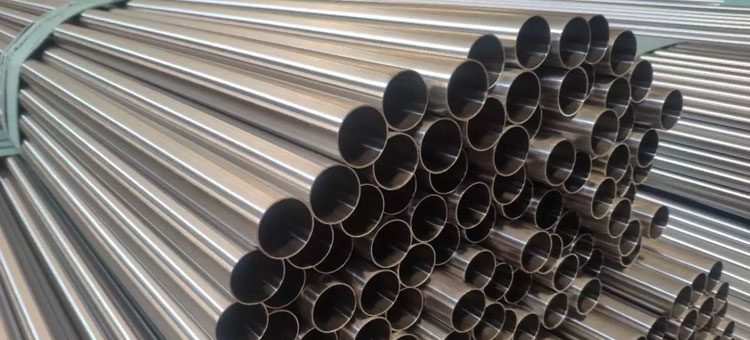Inconel, renowned for its exceptional strength and resistance to high temperatures and corrosive environments, stands as a pillar of reliability in various industrial applications. Among its many forms, Inconel pipes play a critical role in transporting fluids and gases in demanding environments where traditional materials falter. Join us as we delve into the world of Inconel pipes, exploring their composition, properties, and applications.
Understanding Inconel Pipes: Inconel pipes are crafted from nickel-chromium alloys renowned for their superior strength, corrosion resistance, and high-temperature stability. These pipes exhibit exceptional mechanical properties, making them suitable for use in extreme conditions encountered in industries such as aerospace, chemical processing, and marine engineering. From transporting corrosive chemicals to conveying hot gases in high-pressure systems, Inconel pipes excel where other materials fail.
Composition and Properties: Inconel pipes typically consist of nickel as the primary alloying element, augmented with chromium, iron, and other metals to enhance specific properties. This unique composition imparts remarkable resistance to oxidation, corrosion, and thermal fatigue, making Inconel pipes ideal for applications subjected to harsh operating conditions. Additionally, Inconel pipes retain their mechanical integrity at elevated temperatures, ensuring long-term performance and reliability.
Applications of Inconel Pipes: Inconel pipes find widespread use across various industries where durability, reliability, and resistance to corrosion are paramount. Some common applications include:
- Chemical processing: Inconel pipes are used to transport corrosive chemicals, acids, and solvents in chemical plants and refineries.
- Aerospace: Inconel pipes are employed in aircraft engines, exhaust systems, and turbine components, where they withstand high temperatures and mechanical stresses.
- Oil and gas: Inconel pipes are utilized in offshore drilling operations, downhole equipment, and pipelines exposed to corrosive environments.
- Power generation: Inconel pipes are employed in power plants for steam generation, turbine components, and exhaust systems, where they endure extreme temperatures and pressures.
Advantages of Inconel Pipes: The use of Inconel pipes offers numerous advantages, including:
- Superior corrosion resistance: Inconel pipes resist corrosion from a wide range of chemicals, acids, and seawater, ensuring longevity and reliability.
- High-temperature stability: Inconel pipes maintain their mechanical properties at elevated temperatures, making them suitable for applications exposed to intense heat.
- Exceptional strength-to-weight ratio: Inconel pipes possess high tensile strength and excellent fatigue resistance, resulting in durable and lightweight piping solutions.
- Versatility: Inconel pipes can be fabricated into various shapes and sizes to meet specific application requirements, offering flexibility and customization options.
Conclusion: Inconel pipes represent a pinnacle of engineering excellence, offering unmatched strength, corrosion resistance, and high-temperature stability in demanding industrial environments. With their superior properties and versatility, Inconel pipes play a vital role in ensuring the reliability and efficiency of critical infrastructure across diverse industries. Whether in chemical processing plants, aerospace applications, or oil and gas facilities, Inconel pipes stand as a testament to the enduring legacy of innovation and excellence in materials engineering.





Comments